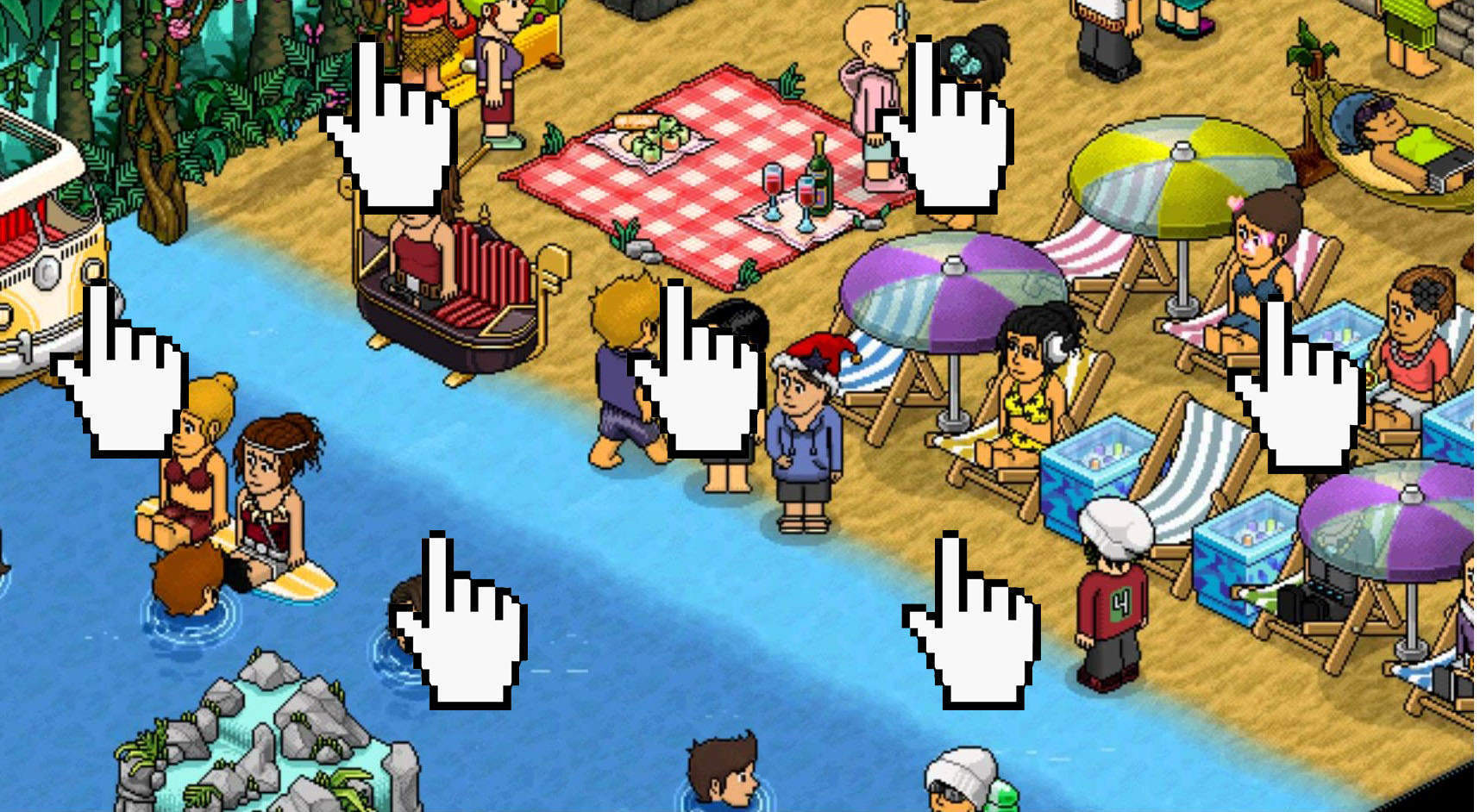
In 2004 I was 13 years old, bored, curious and perpetually horny. To make matters worse, writers like Caitlin Moran and Lena Dunham hadn’t yet bared the truth about female masturbation, and society was still operating under the illusion that teenage girls had no sexual feelings to speak of.
When I discovered the ability to make myself orgasm I, like many girls before me, thought I’d done something deeply dark and possibly sinful. My one solace was the internet.
GirLand was a haven. It was an interactive site where you had your own avatar, a Barbie-style character who could go shopping and chat to other avatars. But the best part of the site was the message boards. They were totally anonymous, and were home to hundreds of girls who would post questions and give each other advice.
While some of the conversations focussed on face masks and crushes, the most popular board by far was about masturbation. Women swapped tips, told anecdotes about getting caught, and advised each other about what really doesn’t work. It was possibly the the most positive and wholesome exchange I’ve ever seen online.
We on the GirLand message boards had one united purpose: getting ourselves off. This common goal transcended background, ethnicity, and location. Decades later, I have reminisced with dozens of women about the boards and realised that we probably interacted all those years ago. In a world where female masturbation is so often airbrushed out of the conversation, it was essential. It was the only thing in my world that showed me I was normal, and that what I was doing was healthy.

The GirLand website in 2005.
Now, the conversation has moved on a little, and teenage girls seem more encouraged to explore their own bodies – parenting advice has become far more supportive of “alone time”. But we didn’t have any of that. What we had was a kind of guerrilla support group, hidden on a pretty pink website that our parents didn’t even think to worry about.
Of course, some of my teenage explorations weren’t quite so wholesome. Another favourite website was Habbo Hotel, a sort of chatroom crossed with the Sims, where I would occasionally convene with other avatars for “cyber sex”, which consisted of typing what you’d do if you were together. Unsurprisingly, the site has subsequently been dubbed a “paedophile’s haven”, and suspended its chat function following a Channel 4 investigation.
I’m not sure what I make of this nickname, even if it’s accurate. I don’t doubt that I had sexual conversations with older people on Habbo Hotel, probably men much older than me, who enjoyed the fact that I was a child. But I still think I had a better deal than today’s teens, who grapple with Snapchat nudes and FaceTime sex.
On Habbo Hotel, I was able to be totally anonymous, and at least there was no evidence that could be used against me in the way that revenge porn would be today. My identity was never connected with what I was doing online, meaning I could explore in a safe, controlled way, and if it felt too much I could click the red “x” in the top right hand of the screen and it all disappeared. In some ways, it really didn’t matter who was on the other side of that screen.
So where was the child protection in all of this? As I remember it, there wasn’t much. Adults did their best to shelter us, but like every generation of teens before us, we resisted them. The early 2000s were a gloriously odd decade in which children understood new technologies much faster and most instinctively than the majority of the adults around them.
IT lessons were delivered by middle-aged teachers who were still a little afraid of the machines they introduced us to. They warned us of paedophiles lurking in the shadows; of the fire and brimstone that lurked in chat rooms. And of course, we totally ignored them. As fast as schools and parents tried to block our access, we worked ways around them through proxy sites.
Now, most parents wouldn’t give their child unfettered access to the internet. The relative freedom and anonymity that my generation enjoyed growing up has disappeared in families where parents set up child locks and carefully monitor screen time.
I know that if and when I have children, I’ll be the same, and the idea of my children exploring sex through strangers on the internet will frighten and repulse me. Rightfully so. But right now? I can’t help thinking that I owe the darker sides of the internet a great deal.
This piece is part of our themed Internet Histories week. See the rest of the stories here.





